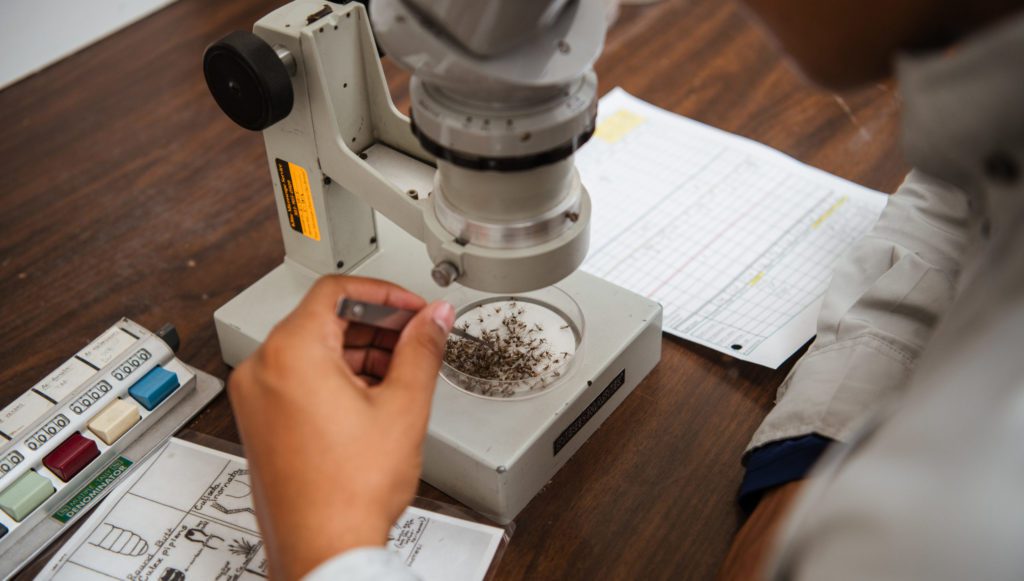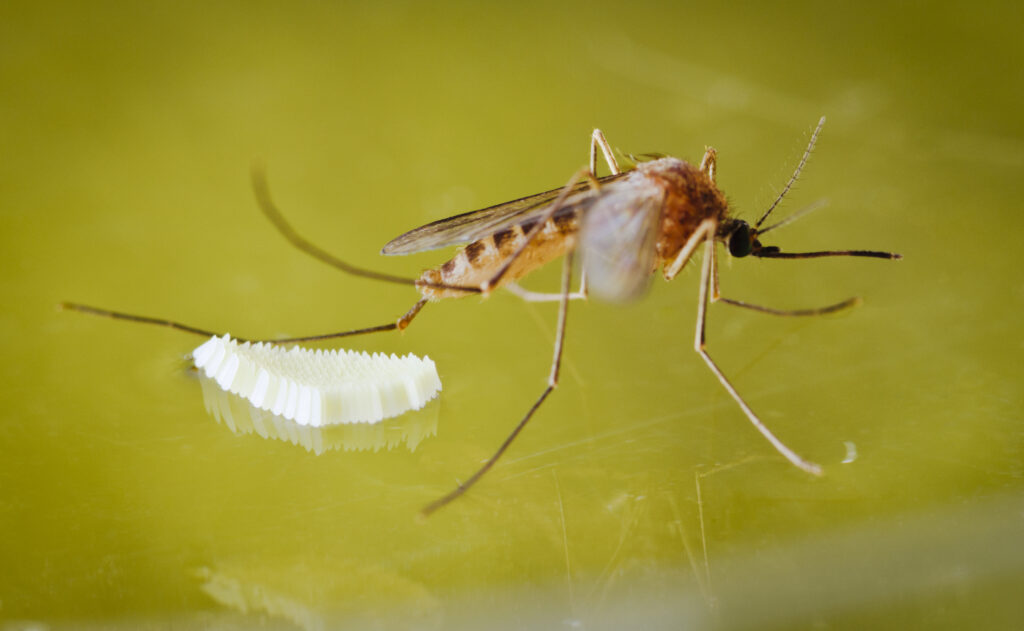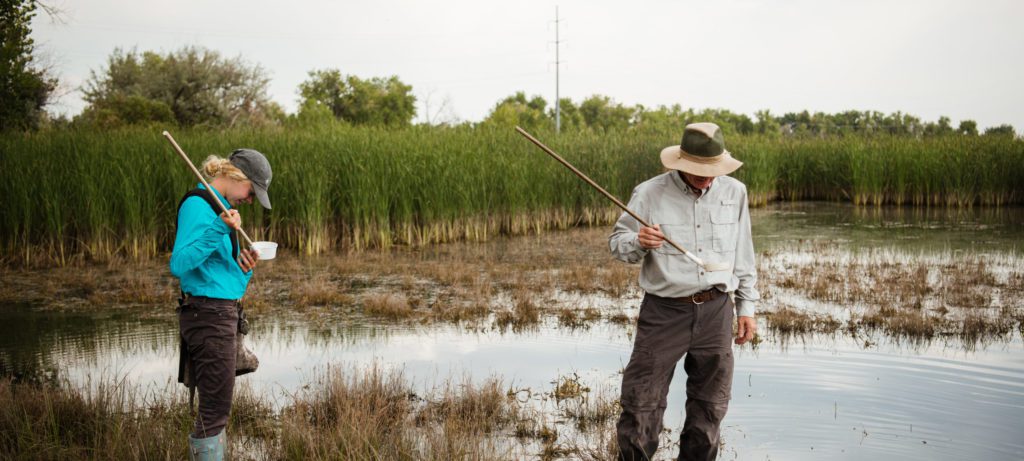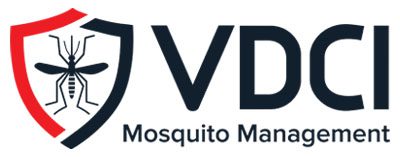Exploring Mosquito Species: Where They Live and Breed
“Seriously? You get paid to identify mosquitoes? How many kinds of mosquitoes are there?”
Years ago when I started working in a mosquito control surveillance laboratory, some of my non-scientific relatives and friends were surprised to hear that there were so many different species of mosquitoes, and that there was a need to tell one kind of mosquito from another. In fact, according to the Walter Reed Biosystematics Unit/Smithsonian Institution, there are nearly 3,300 named mosquito species currently recognized worldwide. In the United States alone, more than 175 species have been recorded.

With so many species of mosquitoes discovered so far, it would take almost 275 years to run out of species to write about for a Mosquito of the Month blog posting. However, for many mosquitoes, we only have a name, physical description, and location where they have been discovered – little or nothing is known about their biology, natural history, and behavior. A relatively few species have been studied in more detail, yet for those species that we do know more about, mosquitoes turn out to be a highly diverse and fascinating group.
Just as with butterflies, adult mosquito bodies and wings are covered with tiny scales that together create a variety of species-specific patterns. While most species have scales that are black, gray, brown, and white, there are some primarily tropical species that display iridescent blue, purple, green, silver and gold colors as well, rivaling the butterflies for beauty, albeit at a more microscopic level. These patterns, along with the placement, presence, or absence of various sets of hairs and spines, are primarily what entomologists use to distinguish one species of mosquito from another.

So why is identifying the species an important component of mosquito control? Mosquitoes vary greatly in the preferred habitat they live in as larvae, and it is usually more efficient to control larval mosquitoes in the water before they become blood-sucking winged adults. By identifying the mosquitoes that we trap, we can use what we know about their preferred habitat to find where they lived as larvae and prevent others from developing. Also, not all mosquitoes are efficient vectors of diseases, so by looking at the prevalence of disease carriers in our traps, we can predict the potential severity of outbreaks, or take increased measures to reduce or prevent disease transmission.
It wasn’t until the late 19th century that researchers like Carlos Finlay, Walter Reed, and others demonstrated the connection between mosquitoes and diseases like Yellow Fever and Malaria. Prior to that time, mosquitoes with exotic-sounding scientific names like Aedes aegypti and Anopheles gambiae were just seen as a nuisance, of little importance to science. Today we know that these insects are responsible for more human deaths annually than any other animals except perhaps humans themselves. In many wars prior to that discovery, more soldiers died from mosquito-borne diseases than from bullets.

Each month we will take a closer look at a different mosquito species, with the intention to showcase this highly diverse group of insects. We will examine various unique and interesting adaptations they use for survival, unusual behaviors, and even their historical importance. We will look at species that are common, and some that are rare; species with global distributions, and others that are only found in isolated circumstances; mosquitoes that have had great impacts on human civilization, and others that go about their lives unnoticed by us for the most part. We will discuss scientifically demonstrated facts and dispel some commonly held myths.
An important component of any successful Integrated Mosquito Management program is mosquito identification. Should you have any questions regarding mosquito identification, Vector Disease Control International (VDCI) is always available at whatever level of assistance you desire.
Contact Us to Learn More About Effective Mosquito Management Strategies:
 Since 1992, Vector Disease Control International (VDCI) has taken pride in providing municipalities, mosquito abatement districts, industrial sites, planned communities, homeowners associations, and golf courses with the tools they need to run effective mosquito control programs. We are determined to protect the public health of the communities in which we operate. Our mosquito control professionals have over 100 years of combined experience in the field of public health, specifically vector disease control. We strive to provide the most effective and scientifically sound mosquito surveillance and control programs possible based on an Integrated Mosquito Management approach recommended by the American Mosquito Control Association (AMCA) and Centers for Disease Control and Prevention (CDC). VDCI is the only company in the country that can manage all aspects of an integrated mosquito management program, from surveillance to disease testing to aerial application in emergency situations.
Since 1992, Vector Disease Control International (VDCI) has taken pride in providing municipalities, mosquito abatement districts, industrial sites, planned communities, homeowners associations, and golf courses with the tools they need to run effective mosquito control programs. We are determined to protect the public health of the communities in which we operate. Our mosquito control professionals have over 100 years of combined experience in the field of public health, specifically vector disease control. We strive to provide the most effective and scientifically sound mosquito surveillance and control programs possible based on an Integrated Mosquito Management approach recommended by the American Mosquito Control Association (AMCA) and Centers for Disease Control and Prevention (CDC). VDCI is the only company in the country that can manage all aspects of an integrated mosquito management program, from surveillance to disease testing to aerial application in emergency situations.

